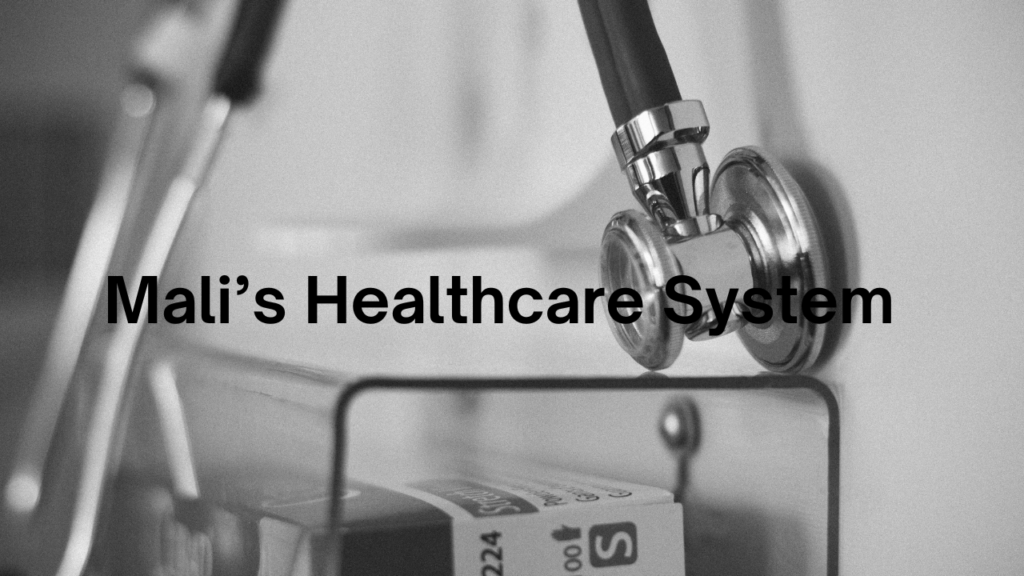
Addiction is a growing concern in Mali, a nation grappling with various socio-economic and healthcare challenges. Despite significant strides in improving healthcare infrastructure, the treatment of addiction remains fraught with barriers that hinder effective intervention. Understanding these obstacles is crucial for developing more effective strategies to address substance abuse issues within the country.
1. Limited Healthcare Infrastructure
One of the primary barriers to effective addiction treatment in Mali is the limited healthcare infrastructure. The country’s healthcare system is under-resourced and often struggles with inadequate facilities, medical equipment, and trained personnel. Many regions, especially rural areas, lack specialized addiction treatment centers. This scarcity of resources means that individuals seeking help for addiction may not have access to appropriate care or support, forcing them to rely on general medical services that are ill-equipped to handle substance abuse issues.
2. Stigma and Social Attitudes
Social stigma surrounding addiction plays a significant role in impeding effective treatment. In Mali, as in many other parts of the world, addiction is often viewed as a moral failing rather than a medical condition. This perception can discourage individuals from seeking help due to fear of judgment or social exclusion. Additionally, families may be reluctant to acknowledge or address addiction issues, further isolating affected individuals and preventing them from accessing necessary treatment.
3. Lack of Trained Professionals
The shortage of trained healthcare professionals specializing in addiction treatment is another critical barrier. In Mali, there is a significant gap in the availability of healthcare workers with expertise in substance abuse and mental health. Training programs for addiction specialists are limited, and existing healthcare providers often lack the necessary skills and knowledge to deliver effective treatment. This shortage means that individuals with addiction problems may not receive the evidence-based care they need to recover.
4. Economic Constraints
Economic factors also play a crucial role in the effectiveness of addiction treatment. Many Malian families face financial difficulties, which can limit their ability to afford treatment services. Even when specialized services are available, the costs associated with addiction treatment, including medication, counseling, and rehabilitation programs, may be prohibitive for many individuals. Economic constraints also impact the government’s ability to fund comprehensive addiction treatment programs and public health campaigns.
5. Insufficient Public Health Policies
Finally, the absence of robust public health policies addressing addiction is a significant barrier. Mali’s healthcare policies often do not adequately address the complexities of addiction, focusing instead on broader health issues. This lack of targeted policies means there is insufficient funding and support for addiction treatment programs, public awareness campaigns, and preventive measures. Without a clear and dedicated policy framework, efforts to combat addiction are often fragmented and ineffective.
Conclusion
Overcoming these barriers requires a multifaceted approach involving government action, community engagement, and international support. Strengthening healthcare infrastructure, reducing stigma, investing in professional training, addressing economic constraints, and developing targeted public health policies are essential steps toward improving addiction treatment in Mali. By tackling these challenges, Mali can make significant strides in providing effective care for individuals struggling with addiction, ultimately enhancing the overall health and well-being of its population.